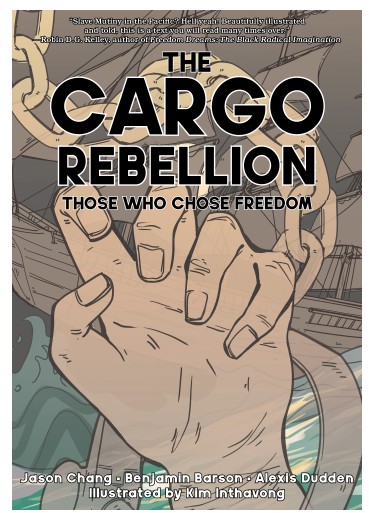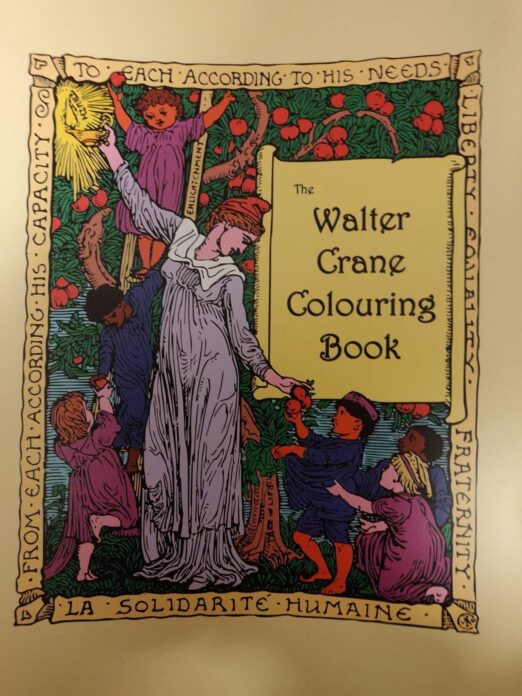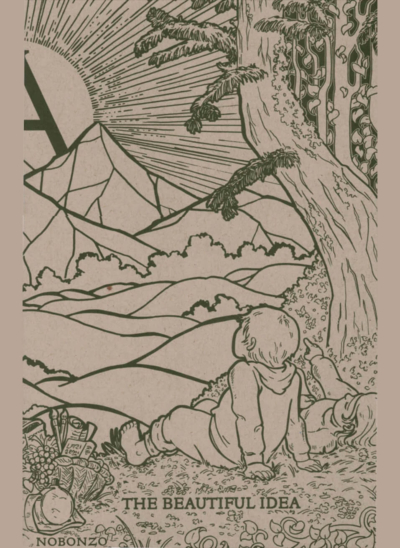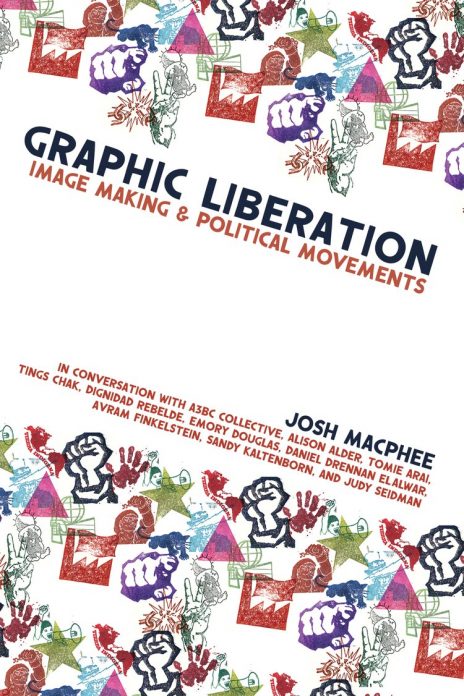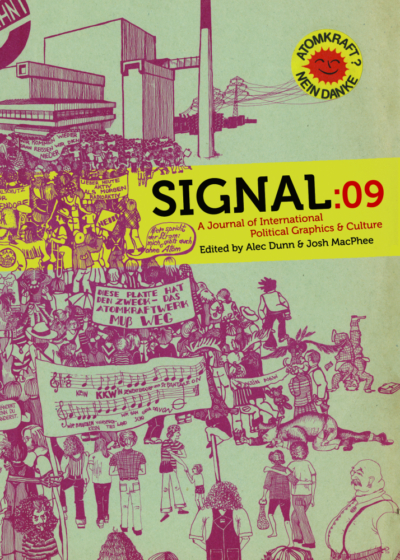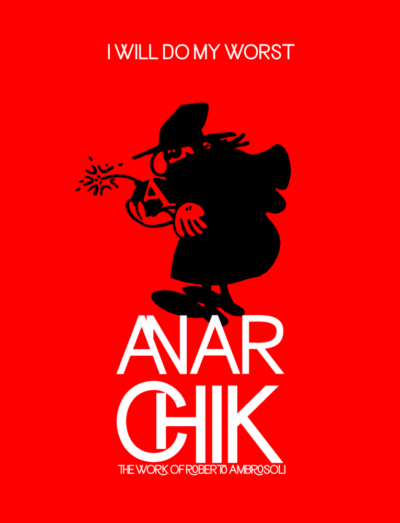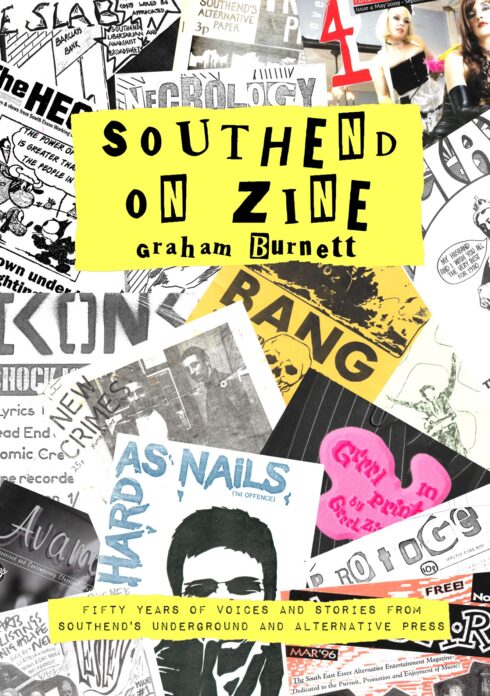The Anti-Capitalist Resistance Comic Book, by Gord Hill
£8.25
As the “Occupy” movements around the world unfold, The Anti-Capitalist Resistance Comic Book is a deft, eye-opening look at the new class warfare, and those brave enough to wage the battle.
Description
Gord Hill’s latest work, The Anti-Capitalist Resistance Comic Book (published by Arsenal Pulp Press, 2012), lays out the mass anti-capitalist (and usually anarchist) events that have transpired over the last twenty years or so. His prologue sets the scene, glossing over the rise of empires, the advent of colonialism, Roman rule, the Inquisition, the Crusades, the Industrialization and finally the World Wars. This race through thousands of years serves to give you some perspective as to how, basically, capitalism came to be.
Hill proceeds to outline the actions carried out by (and perpetrated against) the anti-capitalist movement and its sympathizers at the following events: the Global Carnival Against Capital on June 18, 1999, which coincided with the G8 summit in Cologne, Germany; the World Trade Organization protests in Seattle in November 1999; and the Summit of the Americas (Sommet des Amériques) in Québec City in April 2001. After the serious disruptions that occurred in Québec, in combination with the September 11 bombing of the Twin Towers, the “radical anti-capitalist resistance” is quieted, if not altogether quashed. It isn’t until Rostock 2007, the “militant campaign against G8”, that “extreme” protesting resurfaces on the world stage.
Also covered are the anti-Olympic campaign “NO 2010” in Vancouver; the RBC bank arson in Ottawa on May 18, 2010; the G8 in Huntsville and the G20 in Toronto in June 2010; all the way to the recent Occupy Movement protests (some of which are still going on, by the way).
While there are clearly fundamental socialist principles at play here, this book isn’t “just a leftist book”. If the Conservative party is blue, the Liberals red, and the NDP orange, this book is black. Fittingly, this means the absence of colour. The Black Bloc and most of its supporters see the major parties simply as different versions of essentially the same power structures that have capitalism at its base. If real change is to occur, the existing structure needs to fall. An elaboration of this central sentiment is encapsulated in the following excerpt from the Statement of Principles for the Organization of the American States (OAS) Shutdown Coalition, which included Black Bloc members, that was adopted on March 25, 2000 prior to the OAS Windsor event:
We are against violence. […] By violence we do not include property damage or swearing. […] If engaging in property damage and/or self-defense we will strive to take the necessary measures to avoid causing intentional harm to others. We acknowledge difference in beliefs and backgrounds, and will strive to work in solidarity to achieve common goals. We respect the necessity of groups and individuals to use diverse forms of direct action when confronting oppression. […] We support a confrontational attitude, since we do not think that lobbying can have a major impact in such biased and undemocratic organizations, in which the interests of global capitalism dictates policy.
My greatest takeaway from this graphic novel is the insight given on the clash within the anti-capitalist/ anarchist resistance between pacifists and those that deliberately damage property and are prepared to literally battle in the streets to achieve their goal. Their goal being to disrupt whatever capitalist event going on to the point that it can no longer happen, in the hope that ultimately, the resistance will succeed, as per Antliff, in “decentralizing power so as to renew societal ways of life attuned to nature in all its diversity is the heart of the matter for Indigenous peoples and anarchists alike”.
The last frame announces “With economic conditions continuing to decline… anti-capitalist resistance can only increase.” It’s not exactly a “We Want You” call-to-arms, but not far from it. Whatever side of the fence you find yourself on, The Anti-Capitalist Resistance Comic Book will shed some insight on the more extreme facets of the anti-capitalist movement.
Gord Hill’s first book, The 500 Years of Resistance Comic Book, is now in its second printing. He is a member of the Kwakwaka’wakw nation whose territory is located on northern Vancouver Island and adjacent mainland in the province of British Columbia. He has been involved in Indigenous peoples’ and anti-globalization movements since 1990. He lives in Vancouver.
You can pick up The Anti-Capitalist Resistance Comic Book as well as Hill’s earlier publication, The 500 Years of Resistance Comic Book (2010) at Arsenal Pulp Press.
Additional information
| Weight | 0.250000 kg |
|---|





